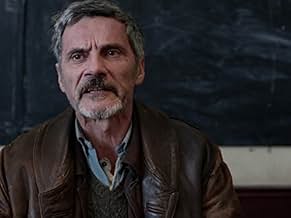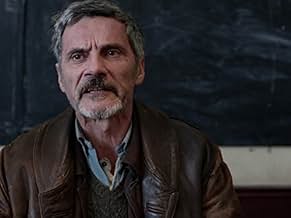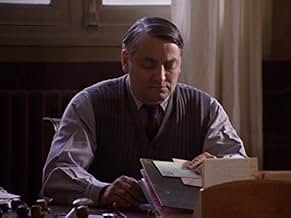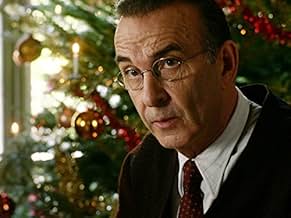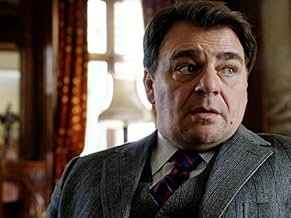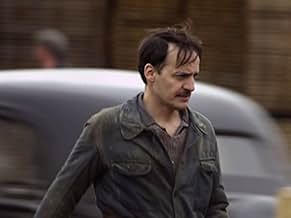Ripercorre le esperienze di vari abitanti di un piccolo villaggio immaginario appena all'interno della zona di occupazione durante la seconda guerra mondiale.Ripercorre le esperienze di vari abitanti di un piccolo villaggio immaginario appena all'interno della zona di occupazione durante la seconda guerra mondiale.Ripercorre le esperienze di vari abitanti di un piccolo villaggio immaginario appena all'interno della zona di occupazione durante la seconda guerra mondiale.

![Guarda Bande-annonce Saison 1 [OV]](https://m.media-amazon.com/images/M/MV5BYjJkN2E2M2QtNjgyZS00NTVjLThlYzMtNjBlM2QxZTMxODMwXkEyXkFqcGdeQXRodW1ibmFpbC1pbml0aWFsaXplcg@@._V1_QL75_UX500_CR0)
